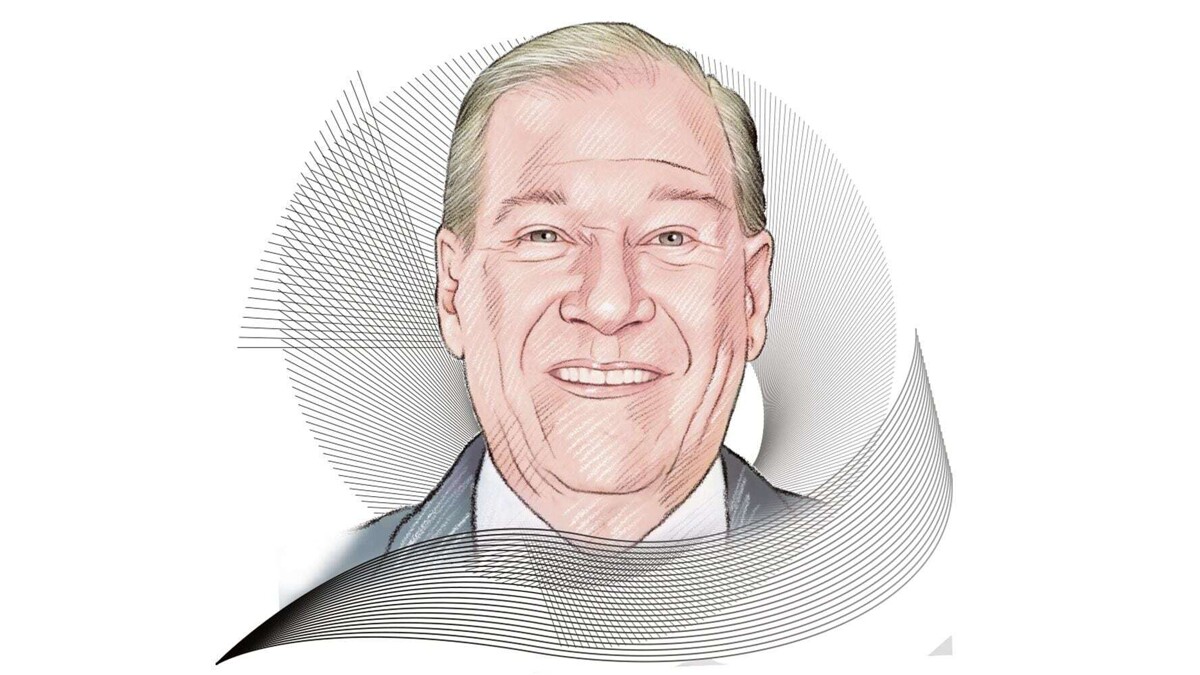
The financial and business sector is increasingly concerned about the slow administration of justice in Mexico. Uncertainty has grown due to resignations in the Judiciary and delays in resolving cases. As a protective measure, many companies have modified their contracts to resolve disputes in other countries. However, there are concerns about the possible return of the culture of non-payment, especially in the financial sector that grants various credits to companies and individuals.
The Association of Banks of Mexico has expressed its concern about the prolongation of judicial times and the fear of a regression in the culture of payment. The resignation of more than two thousand people in the judicial system, including judges and magistrates, has generated concern. The lack of judicial personnel and the prolonged times for case resolution could hinder the recovery of unpaid credits, putting financial stability at risk.
In the energy sector, natural gas production in Mexico has reached its lowest level in 21 years. Pemex reported an eight percent reduction in natural gas production in 2024. Despite having significant reserves, Mexico remains largely dependent on imports of natural gas from the United States. This situation poses a challenge in a context of uncertainty in bilateral trade relations.
Regarding border security, the arrival of National Guard personnel at the border with the United States has generated changes in cities such as Nuevo Laredo. This border port, key for trade between both countries, is preparing to host the future National Customs Agency. The state government has undertaken important infrastructure projects to strengthen connectivity and facilitate the flow of goods.
On the other hand, the reintegration of businessman Claudio X. González Laporte into key events on the national agenda has generated expectations. After a period of absence, his return to important meetings denotes an interest in participating in relevant debates for the business sector. Uncertainty persists regarding the next steps to take in this changing context.














